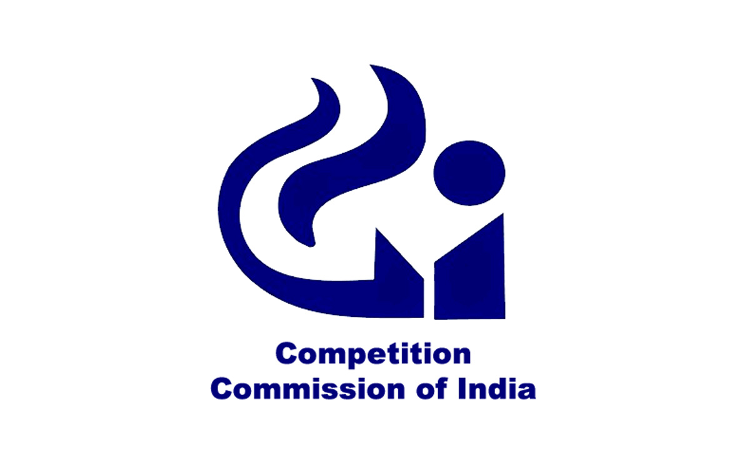CCI Closes Complaint Against DEN Networks, Citing No Established Dominance In The Market
Sachika Vij
2 Oct 2023 3:30 PM IST

Next Story
2 Oct 2023 3:30 PM IST
The Competition Commission of India (‘CCI’) comprising Ravneet Kaur (Chairperson) and Sangeeta Verma (Member) closed the complaint filed by Sobhagaya Media Pvt. Ltd. (‘Informant’) against DEN Networks Ltd. (‘OP’) alleging contravention of provisions of Section 3 and Section 4 of the Competition Act, 2002 ('Act'). The CCI held that there is no contravention of the Act...
